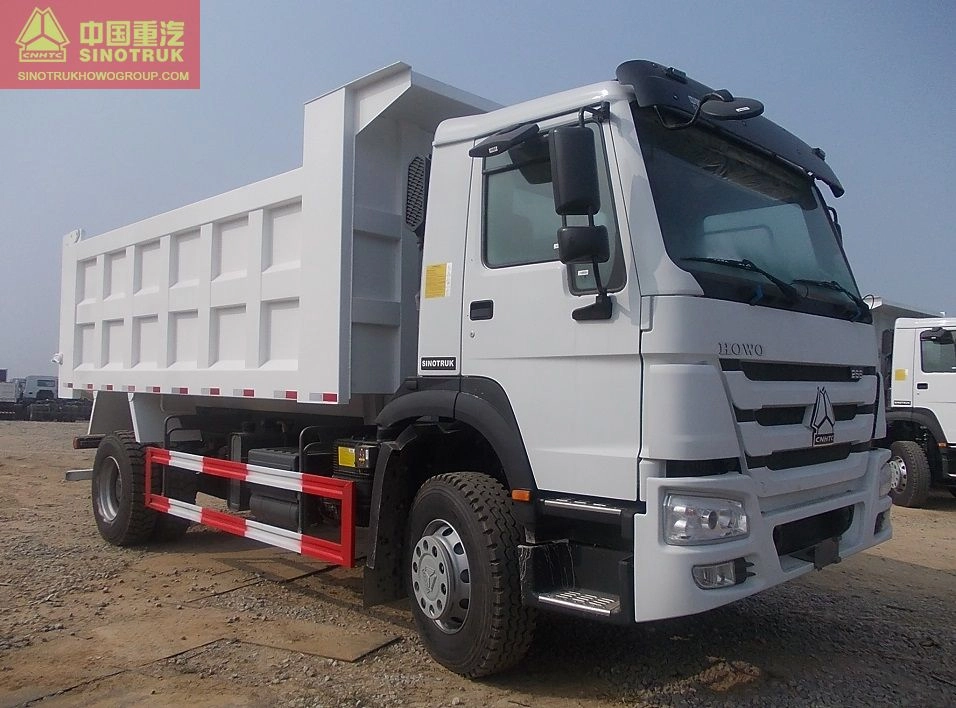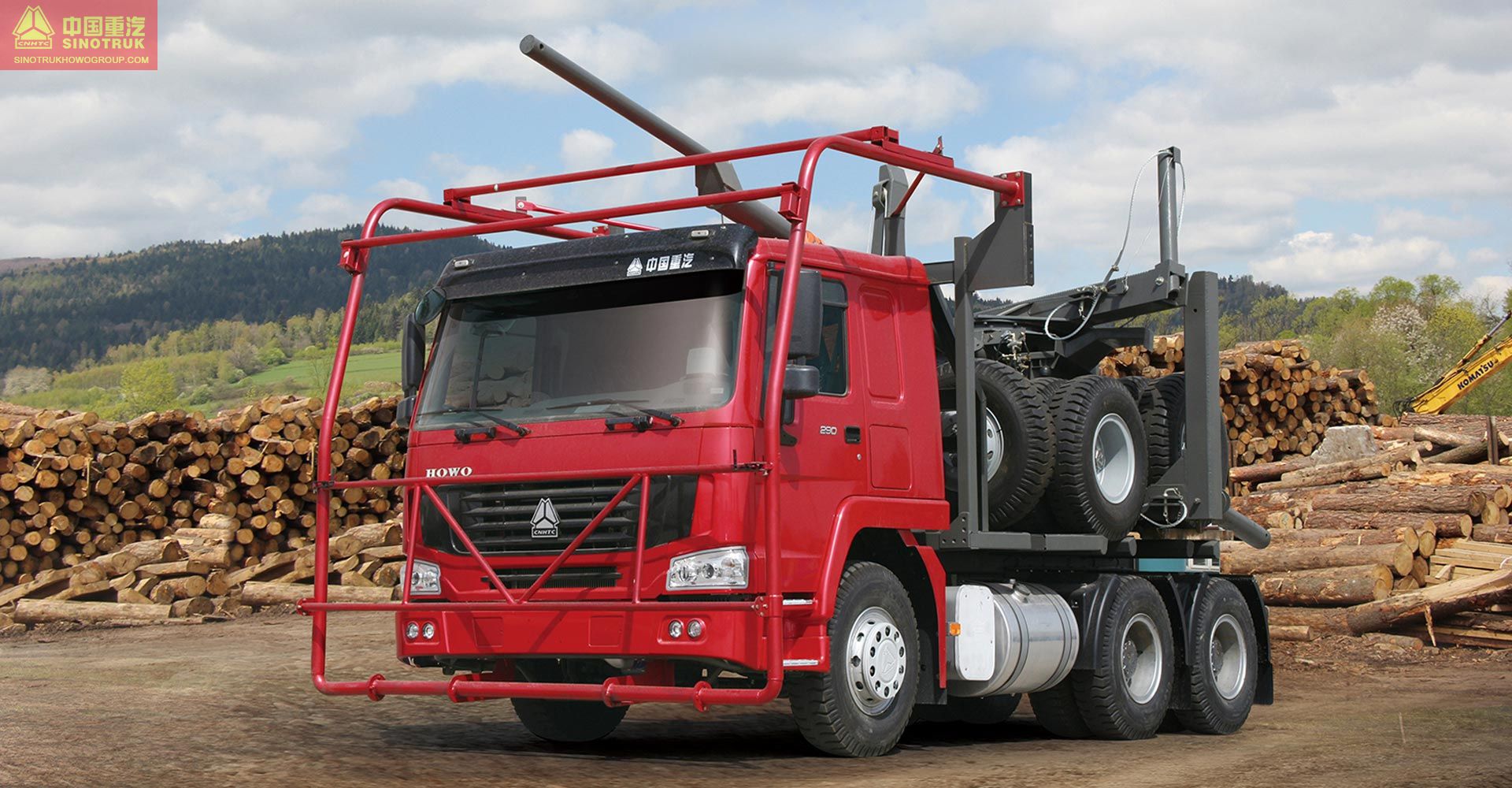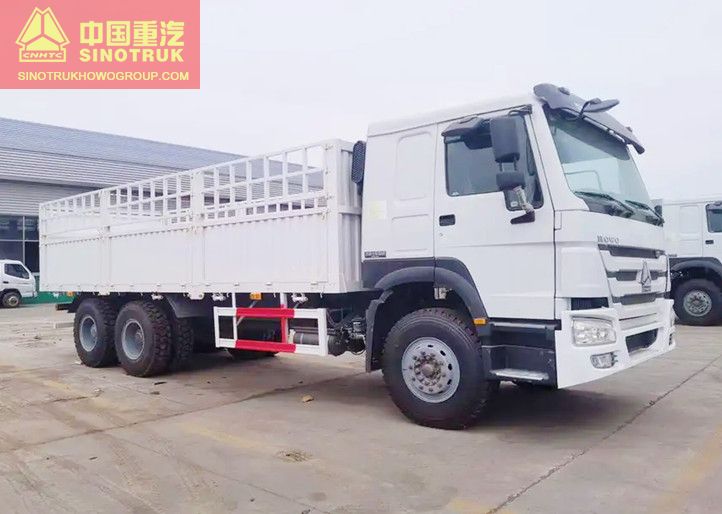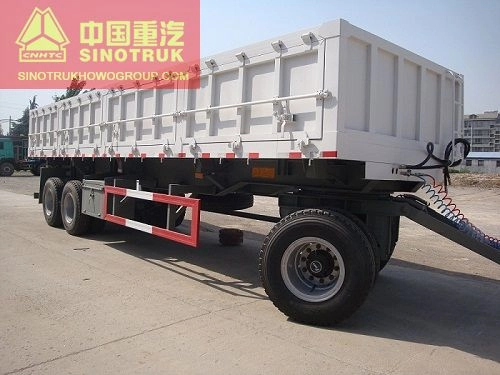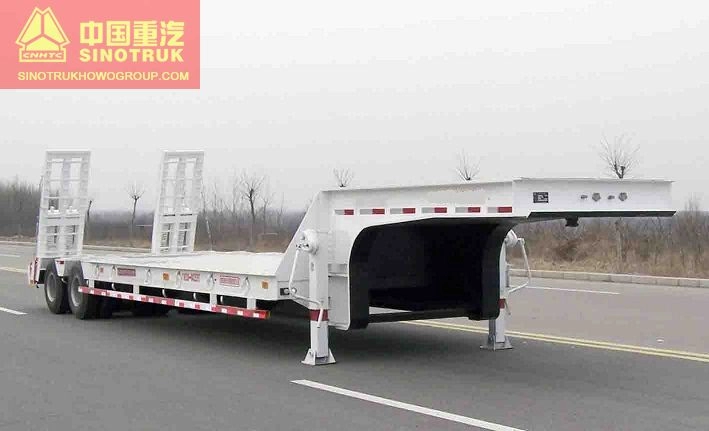heavy duty truck fuel tanks,how much is a fuel tanker truck
- Release time:05-06-2024
- Source:Sinotruk HOWO
Catalog overview:
Understanding Heavy Duty Truck Fuel Tanks: An Essential Component for Long-Distance Travel

In the vast world of commercial transportation, heavy-duty trucks play a pivotal role, often logging thousands of miles on highways and backroads. Integral to their operation is the heavy-duty truck fuel tank, a crucial component that ensures these giants of the road have the necessary fuel to conquer long distances. This article delves into the intricacies of these fuel tanks, their importance, materials, design, and maintenance considerations.
The Heart of Endurance: Fuel Tank Materials and Design
Heavy-duty truck fuel tanks are primarily made from robust materials like steel or aluminum to withstand the rigors of the road. Steel tanks, known for their durability and resistance to punctures, are often the go-to choice for heavy-duty applications. On the other hand, aluminum tanks, although more expensive, offer a lighter weight, better corrosion resistance, and improved fuel efficiency. The design of these tanks is critical, with engineers focusing on capacity, shape, and location to optimize fuel economy and balance the truck's weight distribution.
Capacity Matters: Choosing the Right Fuel Tank Size
Fuel tank size directly impacts a truck's range and operational efficiency. A larger tank allows for longer periods between refueling stops, ideal for cross-country hauls. the size must be balanced against the truck's overall weight restrictions and payload capacity. For instance, a long-haul truck might require a 150-gallon tank, while a regional delivery truck might suffice with a smaller 75-gallon tank.
Maintenance and Safety Considerations
Proper maintenance is vital to ensure the longevity and safety of heavy-duty truck fuel tanks. Regular inspections for leaks, rust, or damage are essential, as is cleaning to prevent sediment buildup. Fuel additives can help prevent corrosion and maintain fuel quality. compliance with safety regulations, such as proper venting and grounding, is non-negotiable to prevent fire hazards.
Technological Advancements: Smart Fuel Tank Solutions
Innovations in the industry have led to the development of smart fuel tank systems. These advanced tanks incorporate features like fuel level sensors, which provide real-time data on fuel consumption, helping fleet managers optimize routes and reduce fuel waste. Some even include built-in theft deterrents, enhancing security.
The Unsung Hero of Heavy-Duty Trucking
In the grand scheme of a heavy-duty truck's operation, the fuel tank might seem like a simple component. its role in ensuring uninterrupted travel and maximizing efficiency cannot be overstated. By understanding the materials, design, capacity, maintenance, and technological advancements, fleet owners and operators can make informed decisions and optimize their trucks' performance on the open road. Remember, a well-designed and maintained fuel tank is the silent partner that keeps the wheels turning, mile after mile.
how much fuel does a truck use
Understanding Truck Fuel Consumption: An Overview
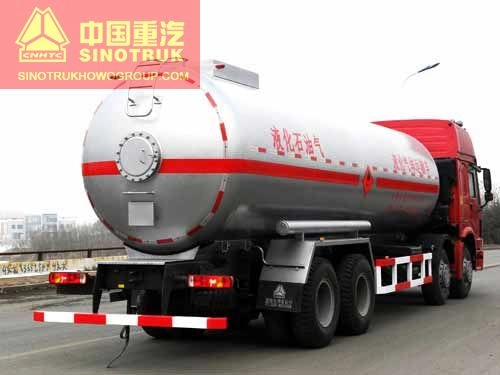
Trucks, the backbone of the transportation industry, play a vital role in moving goods across cities and countries. their fuel consumption is a significant factor that impacts both the environment and operating costs. This article delves into the intricacies of how much fuel a truck uses, considering various factors that influence this figure, and explores potential solutions to optimize fuel efficiency.
The Factors Affecting Truck Fuel Efficiency
Fuel consumption in trucks is influenced by a multitude of elements. First and foremost, the type of truck matters – a large semi-truck will typically consume more fuel than a smaller delivery van. According to the U.S. Department of Energy, a typical heavy-duty semi-truck can use around 6 to 8 miles per gallon (mpg) (1). Engine size, payload, and aerodynamics also contribute. A fully loaded truck with poor aerodynamics will use more fuel than an unloaded one with a streamlined design.
Driving Conditions and Fuel Economy
Road conditions and driving habits significantly impact fuel efficiency. Highway driving, with its consistent speed, is generally more fuel-efficient than stop-and-go city traffic. Idling, sudden accelerations, and high speeds can reduce fuel economy by up to 33% (2). For instance, a truck consuming 6 mpg in highway driving might drop to 4 mpg in urban areas.
Technologies for Fuel Efficiency
The modern trucking industry is not idle in the face of fuel consumption challenges. Advanced technologies, such as engine and transmission improvements, aerodynamic designs, and fuel-saving systems, are being implemented to minimize fuel usage. For example, Cummins, a leading engine manufacturer, has developed engines that can improve fuel efficiency by up to 10% (3).
Optimizing Fuel Efficiency: Best Practices
驾驶员行为的改变也能产生显著影响。定期维护,保持合适的轮胎压力,合理规划路线以减少 idling, 以及采用温和驾驶策略都可以提高燃油效率。据美国环保署报道,通过这些实践,驾驶员可以节省高达 10% 的燃料 (4).
Balancing Efficiency and Sustainability
Understanding and managing truck fuel consumption is a complex but crucial task. By considering the factors affecting fuel efficiency, embracing new technologies, and adopting best driving practices, the industry can work towards reducing its carbon footprint while maintaining operational efficiency. As the world moves towards more sustainable transportation, optimizing fuel usage in trucks will continue to be a key focus area.
(1) U.S. Department of Energy. (n.d.). Fuel Economy of Heavy-Duty Vehicles. Retrieved from https://www.fueleconomy.gov/feg/hd.shtml
(2) Energy.gov. (n.d.). How to Improve Gas Mileage. Retrieved from https://www.energy.gov/energysaver/efficient-driving-tips
(3) Cummins. (2021). Cummins introduces new fuel-efficient X15 Efficiency Series engine. Retrieved from https://www.cummins.com/newsroom/press-releases/cummins-introduces-new-fuel-efficient-x15-efficiency-series-engine
(4) EPA. (n.d.). Fuel Economy and Your Business. Retrieved from https://www3.epa.gov/otaq/consumer/420f07042.pdf
how much is a fuel tanker truck
Understanding Fuel Tanker Trucks: Specifications, Costs, and More

Fuel tanker trucks, also known as gas tankers, play a crucial role in the transportation of gasoline, diesel, and other petroleum products. These massive vehicles are specifically designed to safely and efficiently carry large quantities of fuel from refineries to distribution points, gas stations, and other facilities. In this article, we will delve into the world of fuel tanker trucks, discussing their specifications, costs, and the factors that influence their price.
1. Key Specifications of Fuel Tanker Trucks
Fuel tanker trucks come in various sizes and configurations, depending on their intended use. A standard tanker can hold anywhere from 3,000 to 12,000 gallons of fuel, with larger models used for long-distance transportation and smaller ones for regional or urban deliveries. These trucks typically feature an aluminum or steel tank, designed to withstand the corrosive nature of the fuel and meet strict safety regulations. They also incorporate advanced safety features, such as rollover protection, spill containment systems, and specialized valves to prevent leaks.
2. Factors Affecting the Cost of Fuel Tanker Trucks
The cost of a fuel tanker truck can vary significantly, influenced by several factors. New tankers can range from $100,000 to over $500,000, depending on the capacity, brand, and additional features. Used trucks, while more affordable, can still cost tens of thousands of dollars. The cost is also affected by the current market conditions, fuel prices, and the demand for transportation services.
For instance, in 2020, during the COVID-19 pandemic, the demand for fuel transportation decreased, resulting in a dip in the prices of both new and used tanker trucks. as the economy recovers, the demand and prices tend to rise again.
3. Maintenance and Operational Expenses
Beyond the initial purchase, fuel tanker truck owners must consider ongoing expenses, such as maintenance, insurance, and fuel. Regular inspections and repairs are crucial for safety and compliance with regulations. Insurance premiums for these high-value, high-risk vehicles can be substantial. Additionally, fuel consumption, which can vary depending on the truck's efficiency and the distance traveled, is another significant operational cost.
4. Buying Options: New vs. Used
When deciding between a new or used fuel tanker, buyers should weigh the benefits and drawbacks. New trucks come with warranties, the latest technology, and lower maintenance costs in the short term. they also come with a higher upfront cost. Used tankers, on the other hand, offer a more affordable entry point but may require more frequent repairs and have a shorter lifespan.
Making an Informed Decision
Fuel tanker trucks are a significant investment, and understanding their specifications, costs, and associated expenses is essential for potential buyers. Whether you opt for a new or used tanker, thorough research, and careful consideration of your specific needs will ensure a wise investment. Remember, safety, efficiency, and compliance with regulations should always be top priorities when operating a fuel tanker truck.
With the transportation industry continuously evolving, investing in the right tanker truck can provide a reliable and profitable service in the long run. By considering all aspects, from initial costs to ongoing expenses, you'll be well-equipped to make the best choice for your business.



